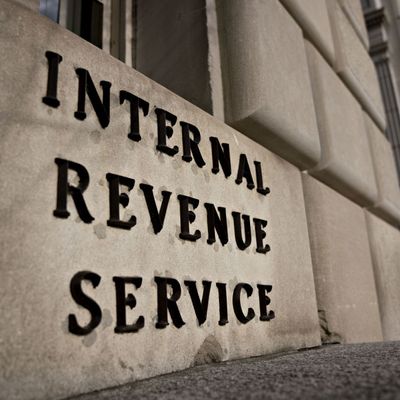
According to a new study by a former senior economist in the IRS research division, the Internal Revenue Service audits Americans living in poorer counties more frequently than it does in the richest.
According to the study by Kim M. Bloomquist for the industry journal Tax Notes — and laid out in map form by ProPublica — Humphreys County in Mississippi, which has a median household income of $26,000, is audited 51 percent more frequently than Loudoun County in Virginia, which has the highest median income in the country with $130,000. Humphreys County had a population of just 9,375 in the 2010 census; despite its status as a national powerhouse of farmed catfish, more than a third of its majority–African-American residents are below the poverty line. And yet the IRS audits the people of Humphreys much more frequently than those living in Loudoun County outside of D.C., where the median home value is reportedly just over $500,000.
The disparity can be explained primarily by the Earned Income Tax Credit (EITC), a refundable credit for low and mid-income households, especially those with children. According to a different report by ProPublica, EITC recipients are audited at higher rates than Americans in all tax brackets, except households with income above $1 million — the practice is “a response to pressure from congressional Republicans to root out incorrect payments of the credit.”
The audit maps look remarkably similar to other visualizations of poverty in America, with rural counties in the Deep South, eastern Kentucky, Appalachia, along the Rio Grande Valley in Texas, and in Native American reservations in the West bearing the greatest frequency of audits. Like other financial burdens largely directed toward the poor, ProPublica explains how EITC audits can weigh a family down:
EITC audits can be punishing for taxpayers, since they routinely start with a refund being held, and can drag on for well over a year. The IRS does sponsor a program to provide free legal help to low-income taxpayers, but in Mississippi, the state with the highest audit rate in the country (according to Bloomquist’s estimates, the IRS audits about 11,000 returns there each year), there is only one attorney for the program.






























